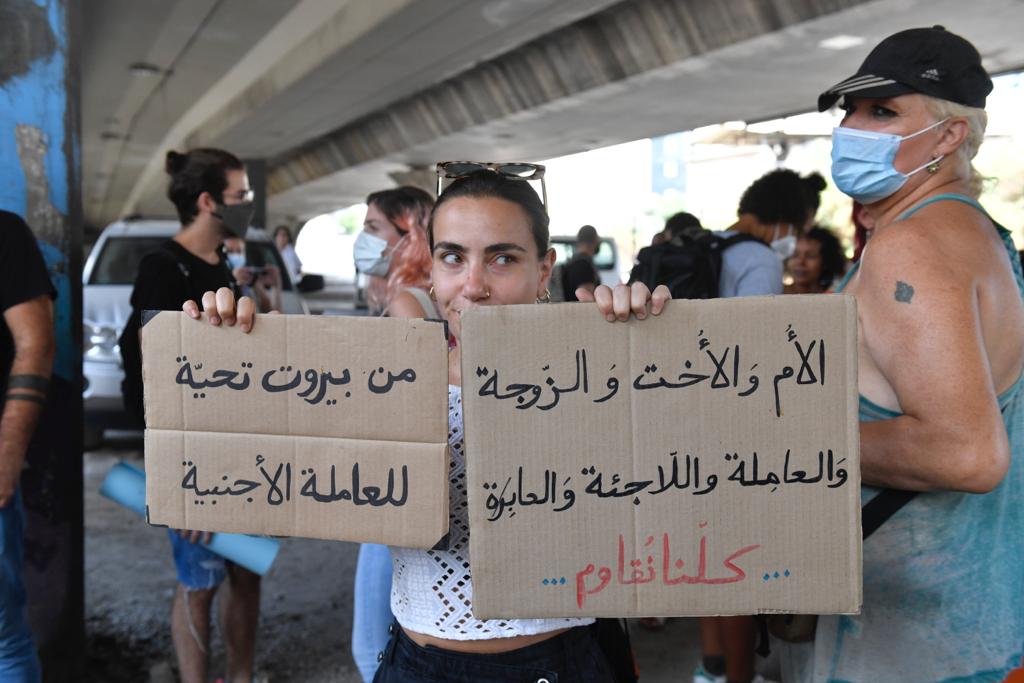On Sunday, July, 31, hundreds of women marched the streets of Beirut under the slogan “We refuse, We stand in solidarity, We act: To the streets in the face of your violence”. The protest took off from the Ring Bridge in Beirut towards Ain El Mreisseh. Women of all ages, from different social and ethnic backgrounds, members of the LGBTQ community, and migrant workers marched the streets defying violence and in solidarity with victims of the patriarchal state.
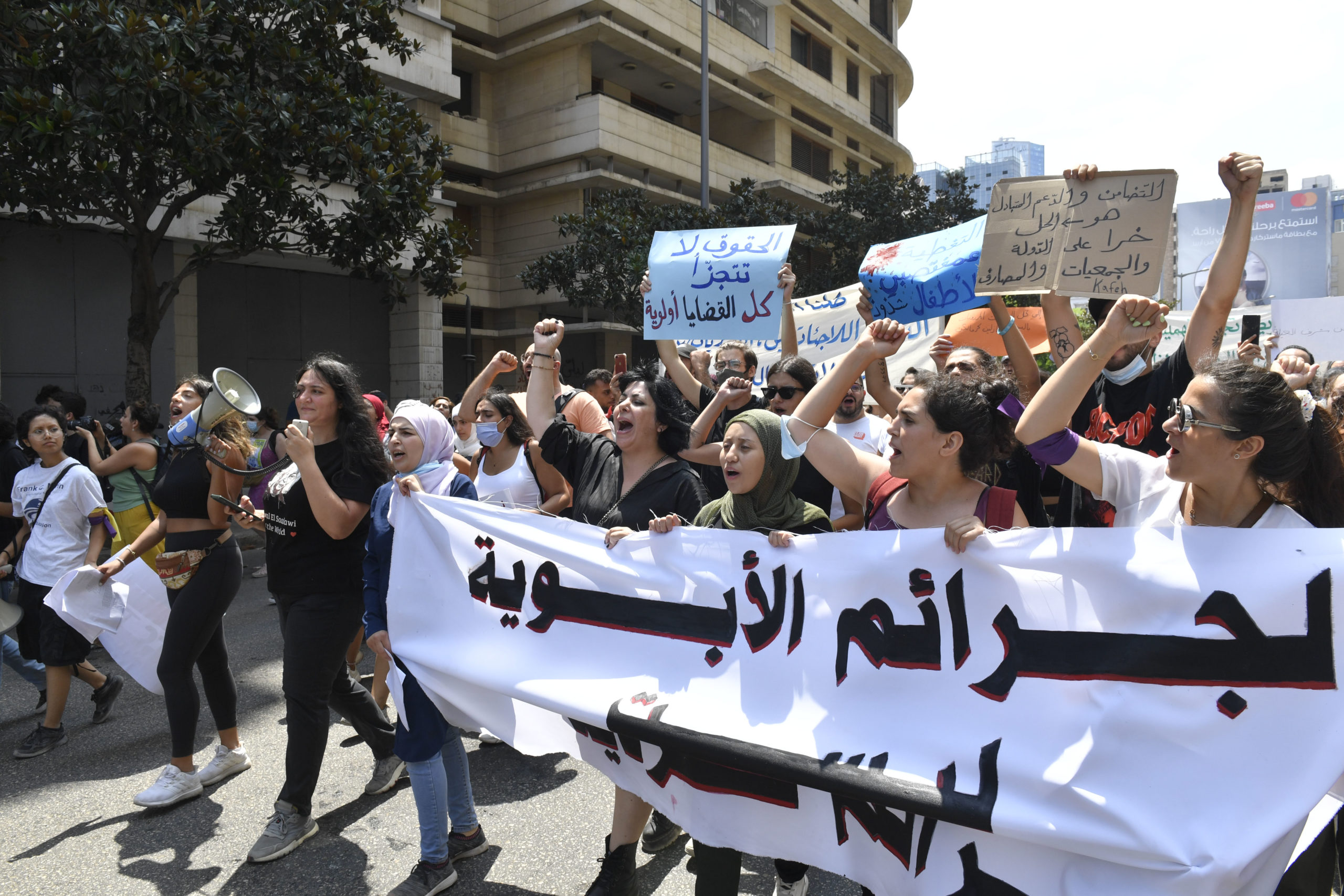
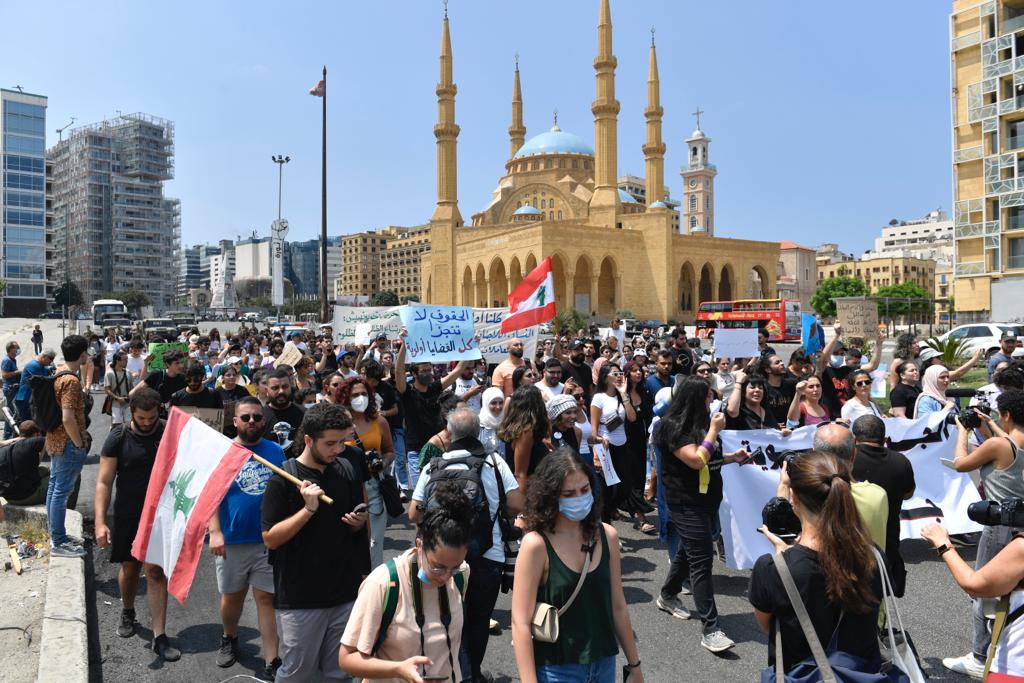 The movement was organized by a grassroots network of feminists seeking intersectional approaches to activism including Fe-Male. Calls on digital media declared the reasons behind the march, among which, was exposing the Lebanese state’s “deceptive discourse,” embedded in distorting the public’s opinion and imposing hate against women and other marginalized groups, fighting the “systemic discrimination” practiced by the state, religious institutions, and by society, the affirmation of “indivisible/ non-negotiable” economic, social, political, environmental, health, educational, spatial rights and liberties.
The movement was organized by a grassroots network of feminists seeking intersectional approaches to activism including Fe-Male. Calls on digital media declared the reasons behind the march, among which, was exposing the Lebanese state’s “deceptive discourse,” embedded in distorting the public’s opinion and imposing hate against women and other marginalized groups, fighting the “systemic discrimination” practiced by the state, religious institutions, and by society, the affirmation of “indivisible/ non-negotiable” economic, social, political, environmental, health, educational, spatial rights and liberties.
The movement also accused the state and its institutions including the media and other agencies of protecting rapists and those complicit in murdering women, suppressing the LGBTQ+ community, and exploiting migrant workers through the Kafala/Slavery system.
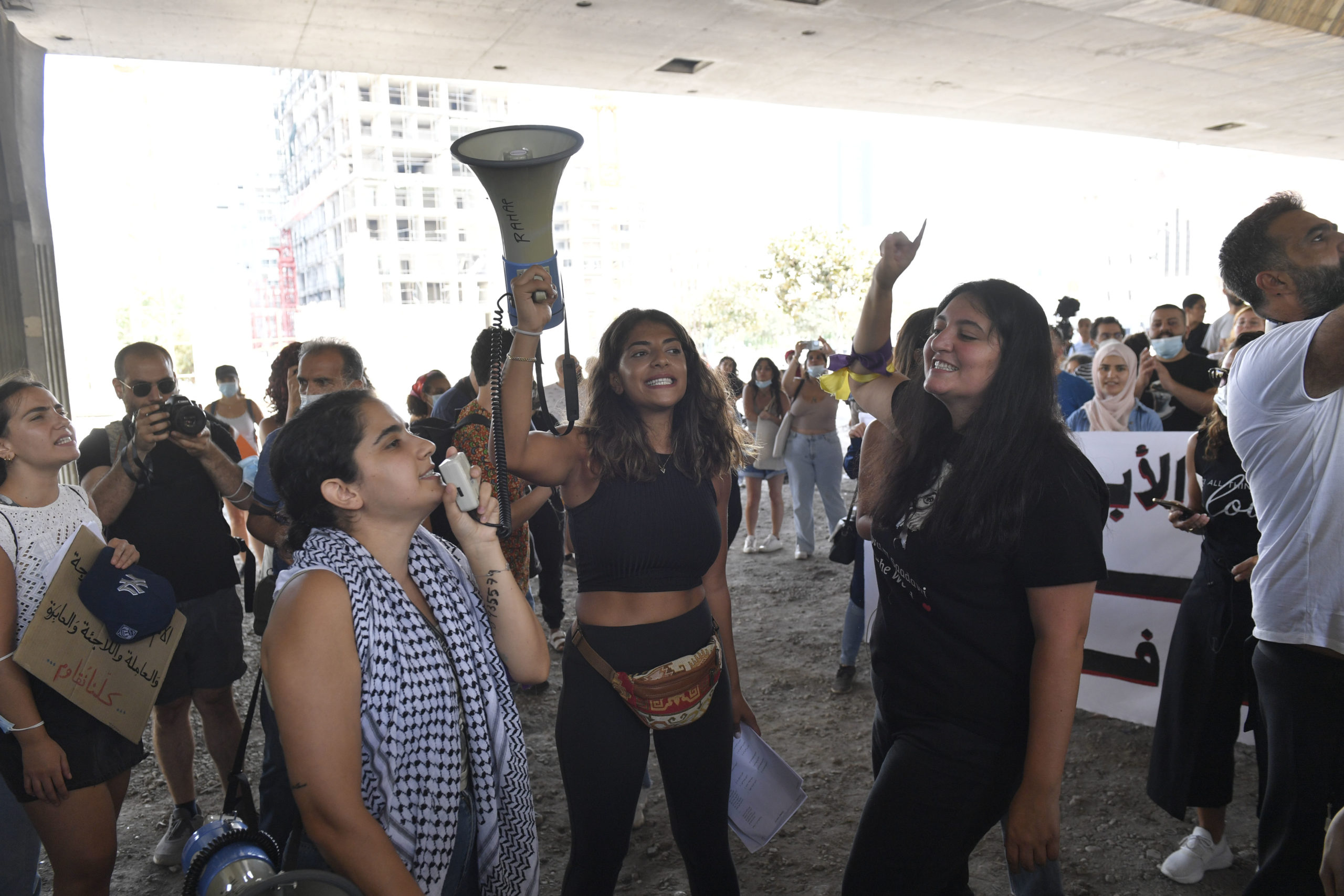 The march came after gender crimes intensified in Lebanon, affected by the economic crisis, lack of security, and the outdated sectarian law. With Ansar’s horrific crime back in March, when Basma Abbas, and her three daughters Manal (16), Tala (20), and Rima (22) were murdered cold-bloodedly, reaching the suicide of a child in Akkar refusing a forced marriage on June. To add to this was the ministry of interior crackdown on LGBTQ+ rights during Pride Month, stripping the community of basic social and spatial rights.
The march came after gender crimes intensified in Lebanon, affected by the economic crisis, lack of security, and the outdated sectarian law. With Ansar’s horrific crime back in March, when Basma Abbas, and her three daughters Manal (16), Tala (20), and Rima (22) were murdered cold-bloodedly, reaching the suicide of a child in Akkar refusing a forced marriage on June. To add to this was the ministry of interior crackdown on LGBTQ+ rights during Pride Month, stripping the community of basic social and spatial rights.
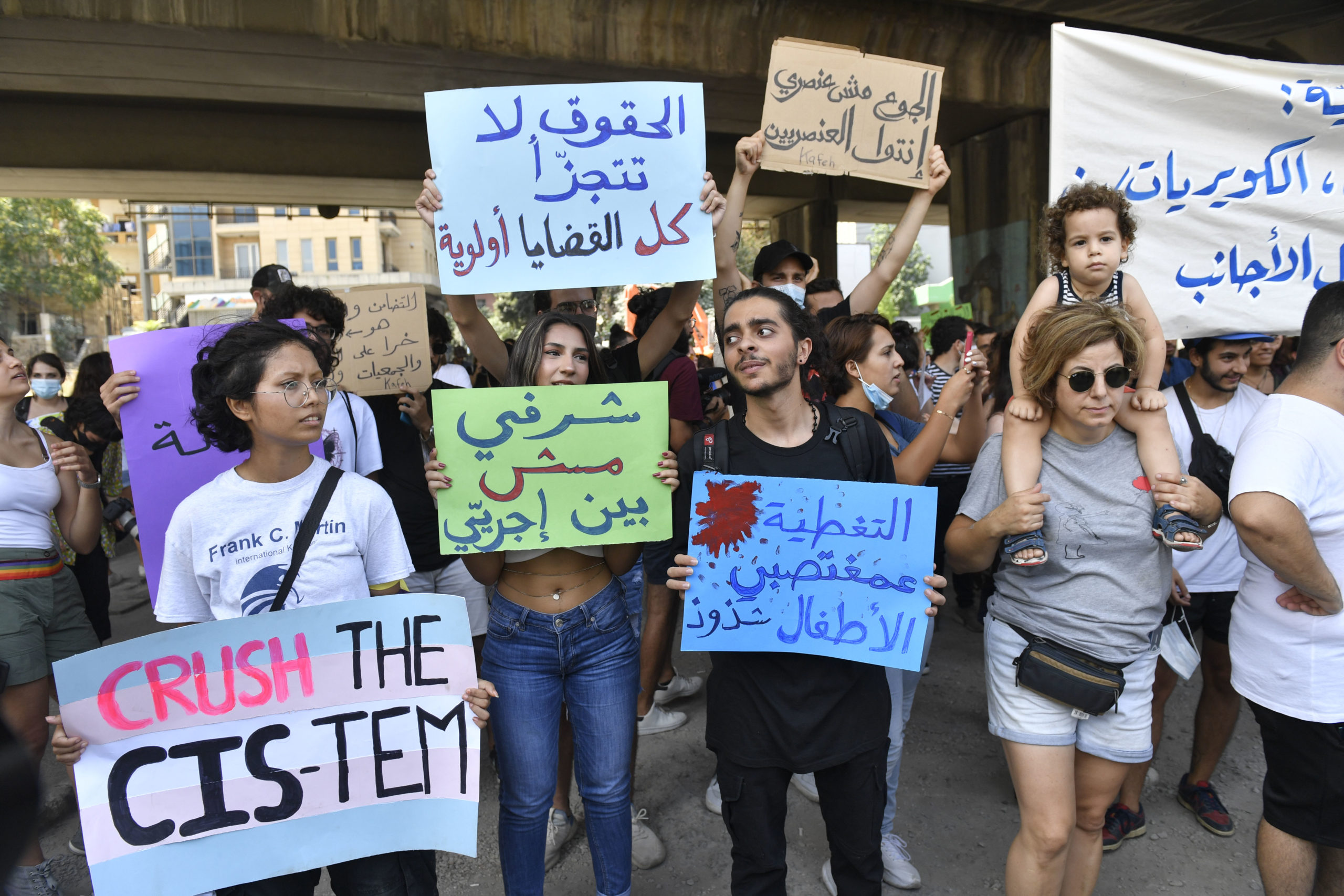 Lebanese women have been at the core of protests since October 2019 revolution, demanding change and taking the lead in exposing the patriarchal and sectarian system, that continues to sabotage these efforts, leaving all of these rightful calls unrecognized.
Lebanese women have been at the core of protests since October 2019 revolution, demanding change and taking the lead in exposing the patriarchal and sectarian system, that continues to sabotage these efforts, leaving all of these rightful calls unrecognized.
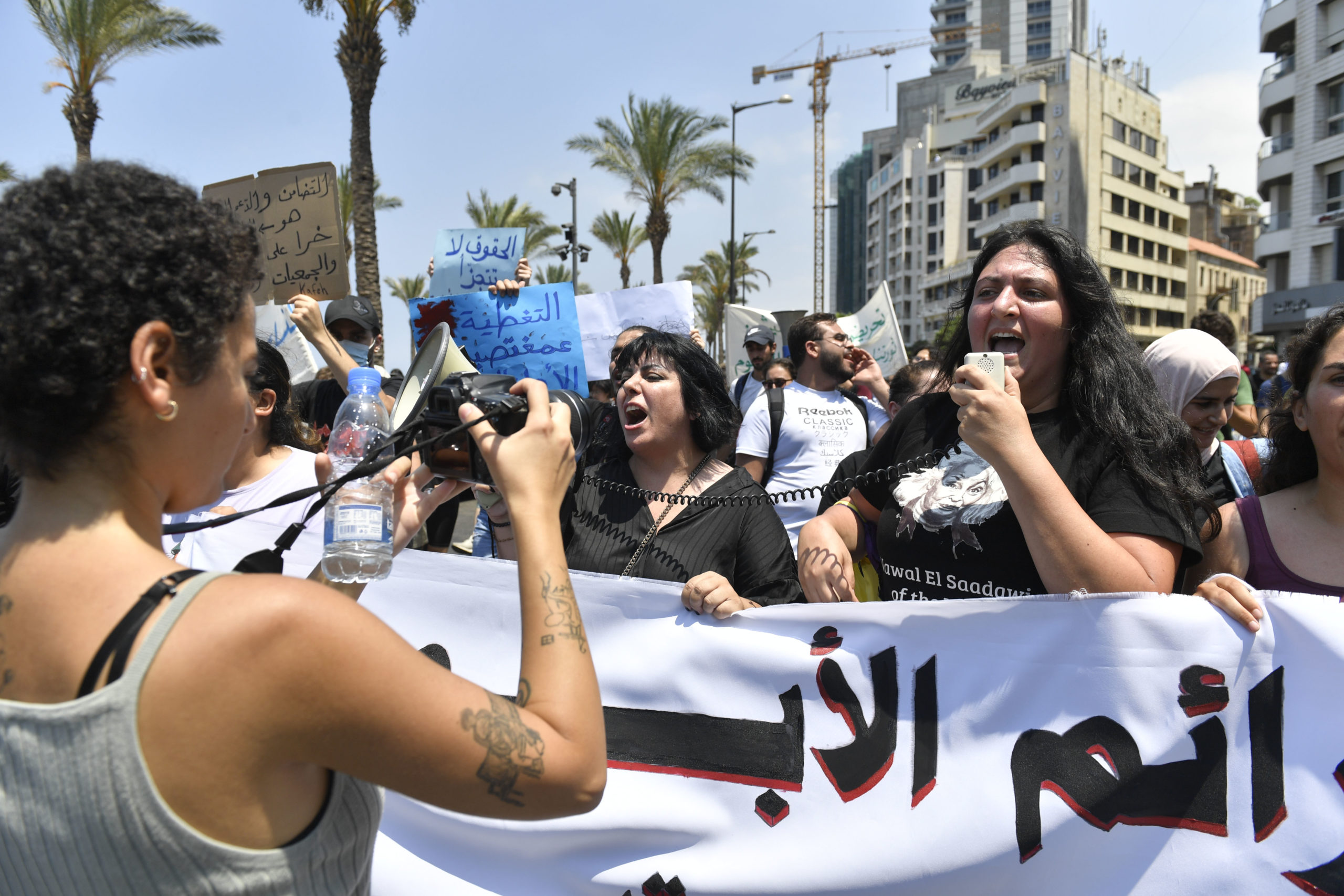
Below is the complete statement published by the march organizers:
“We refuse, we stand in solidarity, we act!
We take to the streets to stand together against the systemic discrimination perpetuated by the state, by religious institutions, and by society. Against the violence, subjugation, and victim-blaming that women and other marginalized groups have been subjected to, against the authorities’ attempts to intimidate, silence, and erase us every time we retaliate, and against all the things we shouldn’t have to go through just to stay alive.
We take to the streets because we believe survivors and we support those who have been silenced, until the time comes when they’re able to break their silence and to break the cycle of violence and oppression, we take to the streets for those who cannot speak up.
We take to the streets because the system has impoverished and starved us, stolen our public property, destroyed our economy, and discriminated against us because of our gender, nationality, disability, color, and other differences that do not conform to patriarchal standards and categorizations. We take to the streets because the state continues to treat us and our care and domestic work as invisible.
We take to the streets because in trying to materially sustain ourselves, our mental health and ability to keep going is diminishing.
We take to the streets to expose the state’s deceptive discourse. The state has invested in distorting public opinion through a discourse of hate and provocation against marginalized groups. This was done in an attempt to cover up for years of theft committed by the state and the banking sector instead of dealing with the concerns of and injustices faced by residents.
No power, no water, no public transportation, no health coverage, telecommunication services have been dollarized, women and children are being killed, raped and violently abused without any accountability and under the protection of the powerful, the environmental situation is deteriorating continuously, schools are almost closed except for the affluent class, and the project to privatize and loot state property is becoming clearer every day… But the Lebanese state is busy targeting, demonizing and inciting against various marginalized social groups, and portraying them as the monster threatening security, stability and civil peace, in an attempt to regain its popularity by selling fake victories. The state has always doubled down on violence and tried to control it during crises, with the aim of directing popular rage away from it.
The state is united in its violence against us – with its institutions, media and agencies – the same violence that protects rapists and is inherently complicit in killing women, suppressing the queer community, inciting violence against refugees and exploiting migrant workers under the Kafala system. Which safety and security are we to make this system responsible for? Our only option is to build solidarity and protect one another.
Therefore, we take to the streets and affirm that the economic, social, political, environmental, health, educational, spatial rights and all kinds of liberties are basic, non-negotiable rights; and that any woman/person living in Lebanon, whoever they are, has the right to obtain them. Rights are indivisible, and attacks against any social group will soon spread to other groups.
We take to the streets for ourselves and for others who do not have the luxury of doing so, or the privilege of being visible, of speaking out, expressing, challenging and movement.
We take to the streets today, against all forms of oppression, persecution, discrimination and racism, and against hate speech and incitement. We take to the streets for everyone who is blamed today, in silence, for all those who were oppressed for being different, and for those who are invisible.
We take to the streets to be side by side, today and every day”.
